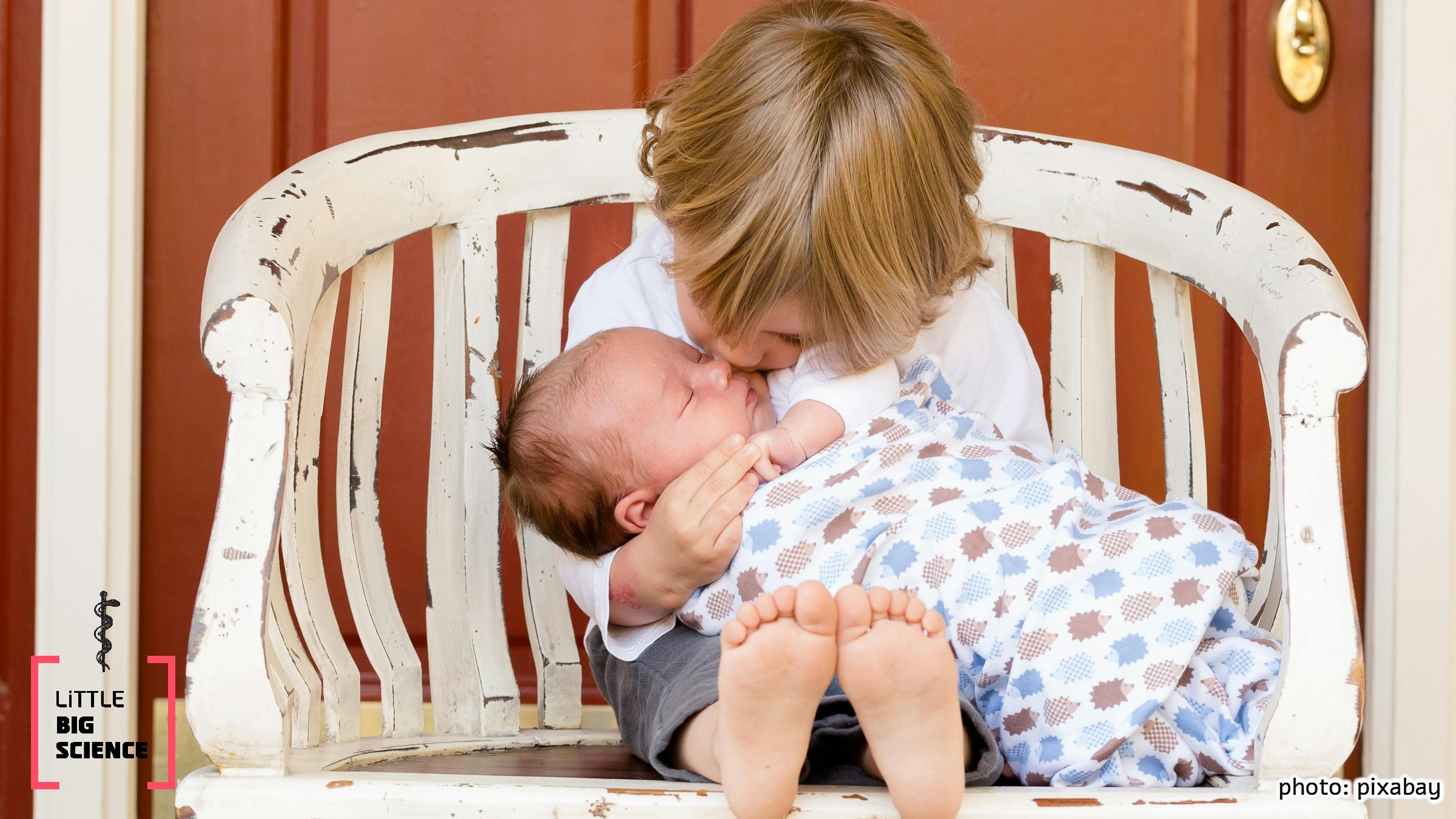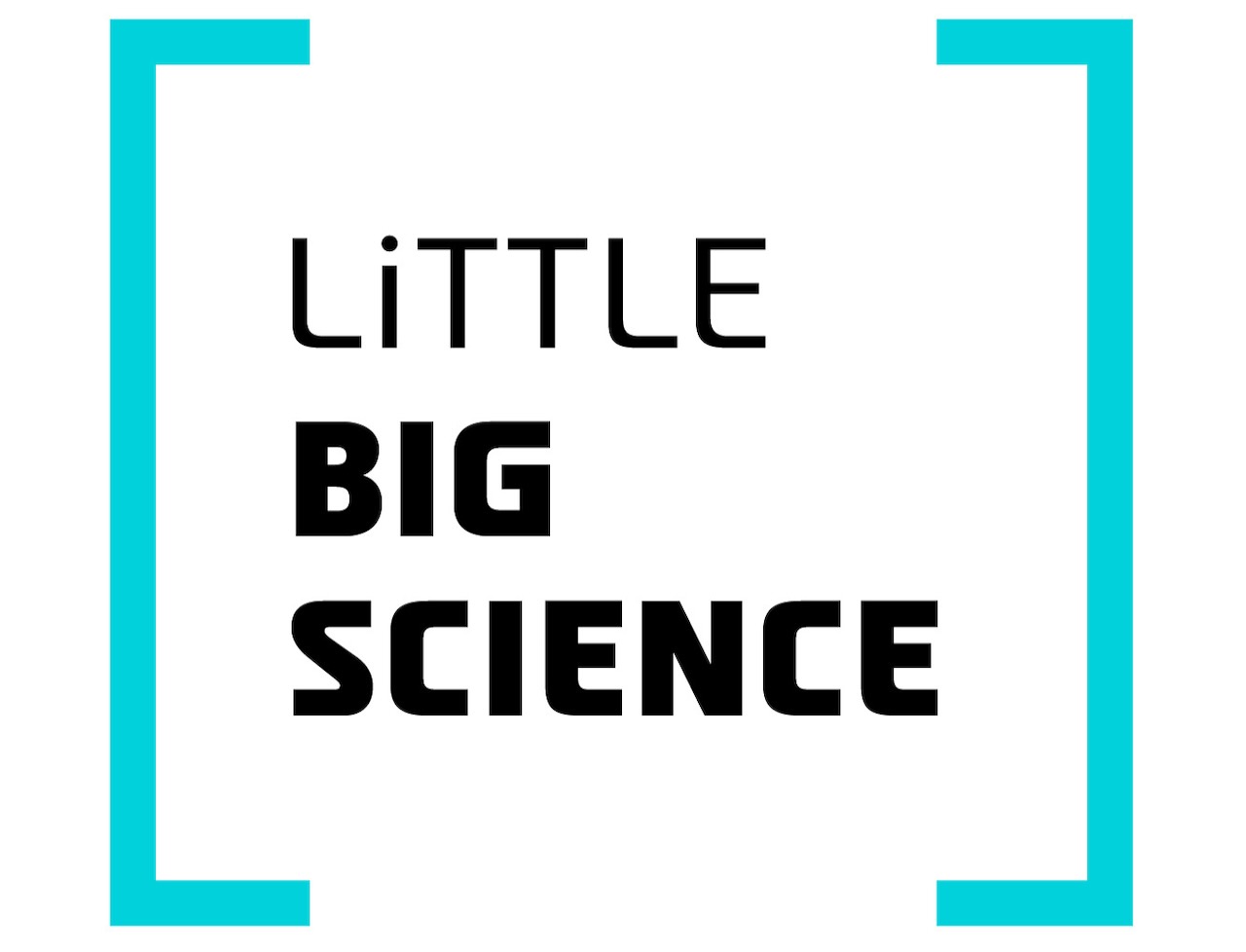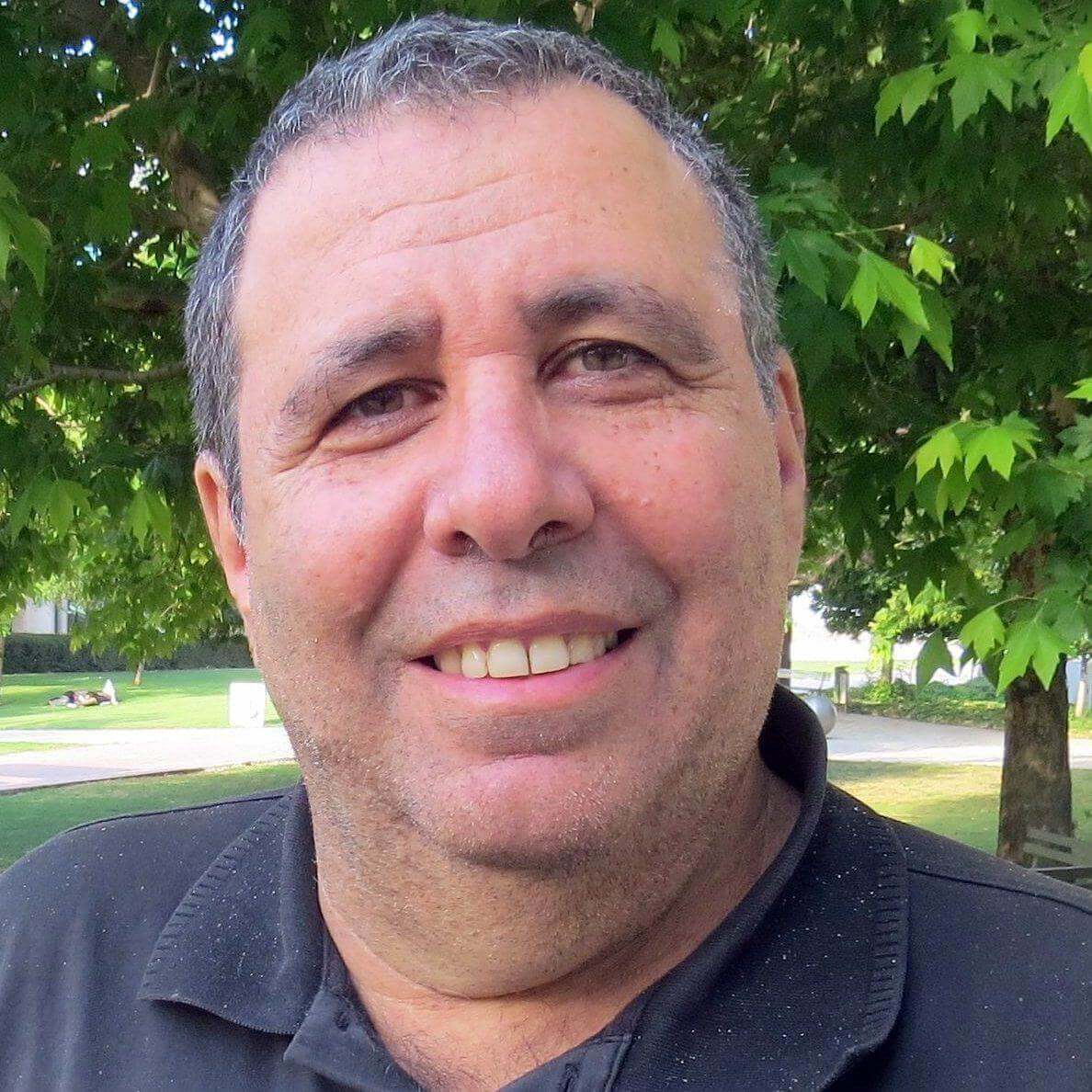
This month Israel will introduce a new preventive antibody medication against the RSV virus. The medication will be given to winter-born infants in the hospital immediately after birth, and the remaining newborns will receive it ahead of their first winter at well-baby clinics. Infants at risk will receive an additional dose before their second winter of life. The antibody nirsevimab, marketed under the trade name Beyfortus, is administered by intramuscular injection and provides protection for about six months. The medication has been in use worldwide since 2023, and millions of children have been treated with it. It has few side effects, generally very mild, and it reduces virus-related hospitalizations by about 80 percent.
Advertisement
Respiratory syncytial virus, or RSV for short, is an RNA virus belonging to the Paramyxoviridae family, which also includes the viruses that cause measles and mumps. Most infections occur in children under two years of age, and people can contract and fall ill with RSV more than once. The disease affects the airways and usually presents as a mild cold accompanied by cough and low-grade fever, but in preterm infants and other risk groups, such as children with congenital heart defects, it can progress to bronchitis and pneumonia and become life-threatening. Signs that the illness has become complicated include severe coughing, breathing difficulties, wheezing, and apnea. The disease most commonly appears in winter.
Because there is no specific antiviral treatment, hospitalized patients generally receive supportive care: inhalations, oxygen, fluids, and, in severe cases, mechanical ventilation.

Scanning electron micrograph of human respiratory syncytial virus (RSV) virions (colorized blue) and labeled with anti-RSV F protein/gold antibodies (colorized yellow) shedding from the surface of human lung epithelial A549 cells | Source: NIAID
As noted, the new preventive medication contains an antibody that binds to the virus and prevents it from entering its target cells in the bronchi and lungs, thereby reducing infection and disease severity. The antibodies remain effective for about six months after injection. Beyfortus does not provide active immunity like vaccines in which the virus or parts of it are injected into the body, but rather it provides passive immunity. In passive immunization, products of the immune system are taken from another source—in this case, lab-produced antibodies rather than blood donations—and introduced into the patient’s body. The immune system is therefore not activated and does not create immunological memory against the disease, so the protection is temporary.
Beyfortus has been used worldwide since 2023 in 25 countries, where it has reduced RSV-related hospitalizations by about 80%. Side effects after injection are usually mild: redness, local pain, and sometimes a slight rash at the injection site. The new medication replaces the previous antibody product Synagis (or palivizumab), whose activity lasts only about a month and therefore had to be given in five monthly doses, and was reserved only for preterm infants and other high-risk newborns.
Since 2023, three active RSV vaccines have also been approved, all aiming to generate immune memory against the virus’s envelope protein (F). They are intended for adults over 18 and especially for women in the third trimester of pregnancy—to protect the newborn until six months of age. In practice, other than for pregnant women, most countries recommend them for adults over 60 or 75, depending on local guidelines.
The first vaccine is Pfizer’s Abrysvo, which contains the F envelope protein of the virus’s two main strains. The second is Moderna’s mRESVIA, which contains mRNA encoding the F envelope protein. The third is GSK’s Arexvy, which contains the F envelope protein along with the adjuvant AS01E. The first two vaccines are not currently being used in Israel. The vaccine by GSK will be deployed in Israel starting in the winter of 2025, and will be offered to people 65 and older.
This is genuine good news for parents and children in Israel: effective protection against a dangerous respiratory illness from the very first months of life, promising to reduce infant suffering and ease the burden on pediatric care centers.
Hebrew editing: Galia Halevy-Sade
English editing: Elee Shimshoni
Sources







